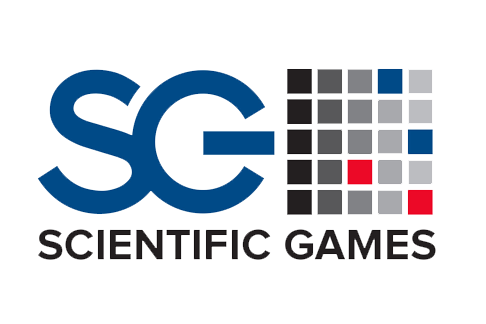
Lawsuit alleges monopoly created by cheating
If you have visited a casino or watched poker on television, you have almost assuredly seen an automatic shuffler built into the gaming tables. They are wonders of technology: when the hand is over, the dealer just grabs a new, shuffled deck from the device’s cute, little elevator and pops the used deck in to be shuffled and ready for the next hand. The odds are high that the one you see was sold to the casino by Scientific Games. And that’s the problem, according to Casino Queen Marquette in Marquette, Iowa and DraftKings at Casino Queen in East St. Louis, Illinois, who have filed a class action antitrust lawsuit against Scientific Games and its subsidiaries SHFL Entertainment and Bally Technologies.
The two casinos claim that Scientific Games has engaged in shenanigans in regards to its patents over the years, going so far as to saying their patents are “fraudulent.” Armed with those patents, Scientific Games sues its competitors once they introduce a new automatic shuffler. The lawsuits, even if Scientific Games loses, usually hurt the competitor enough to render them harmless. They also scare off other companies from possibly coming up with their own automatic shufflers, lest they hear from Scientific Games.
Thus, the casinos’ lawsuit alleges that Scientific Games has achieved a virtual monopoly in the $100 million automatic shuffler market because of all this.
Monopoly costs casinos money
The reason that this is of concern to the casinos is money. They allege that Scientific Games and its subsidiaries “now control virtually 100% of that market as a result of their misconduct” and as such, have no real competitors to challenge them on price.
Therefore, Scientific Games can charge sky-high prices because there are no viable automatic card shuffler alternatives for the casinos. As the lawsuit states, breaking out some economics lingo:
In other words, because the demand for automatic card shufflers is inelastic, sellers of automatic card shufflers—like the Defendants—can raise the prices of these shufflers above competitive levels without seeing a decline in sales revenue. It also means that entities like Plaintiffs and others similarly situated have no alternatives to use as substitutes for these machines to be able to avoid any supra-competitive prices charged by Defendants.
Common practice for Scientific Games
Scientific Games and Shuffle Master have experience with antitrust lawsuits. In 2018, a jury awarded Shuffle Tech, Poydras-Talrick Holdings, and Aces Up Gaming $105 million – and amount that was tripled to $315 million because of federal law – in an antitrust lawsuit against Scientific Games. Several years earlier, Shuffle Tech made an automatic shuffler for the casino market after only being in the consumer market. The company licensed it to DigiDeals, which produced it under the name DigiShuffle. DigiDeals sub-licensed to Poydras-Talrick Holdings and also worked with Aces Up.
Less than two weeks after they introduced DigiShuffle, Shuffle Master – later bought by Scientific Games – sued for copyright infringement. After doing some digging, DigiDeals discovered that Shuffle Master had hidden some artwork in its patent and used this to go after its competitors. DigiDeals also found that Shuffle Master had a history of stifling competition through lawsuits.
It took years, but the jury final ruled in favor of the plaintiffs, against Shuffle Master and its parent company, Scientific Games.























